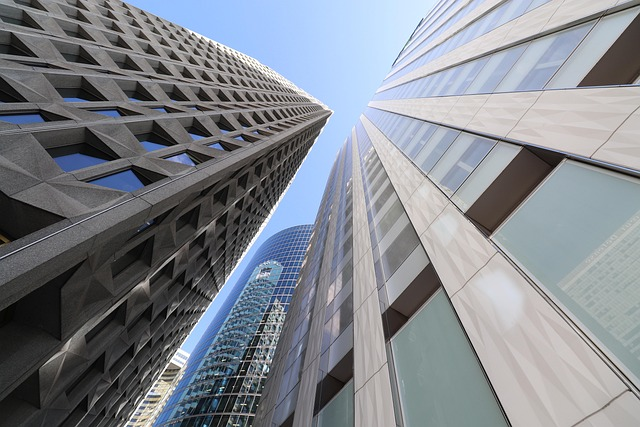-

-
Published on
02/11/2017
by Any Business.Com.Au
Protecting your business from the unexpected
In light of the disaster that saw the personal details of almost 50,000 Australian workers be exposed online, we thought it would be a good idea to touch on what you can do to protect your business from the unexpected.
It's hard to predict what will happen in the future, but you can make changes now to help protect your business later.
Backup & secure your data
One of your key business processes should be to store your registration, financial and customer data and other important business documents in a safe location. If they are digital records, try and perform regular backups and store the backup in a secure offsite location.
When considering data protection devices read the documentation carefully for the type of data that can be stored in them. For example, some fire proof safes should not be used for digital data as the media can melt in high temperatures.
Proper data security procedures are also important to ensure you're protected against hackers and other malicious data attacks. If you're connected to a network, try to have proper up-to-date virus protection, secure networks and firewalls, and secure password protection procedures. If you're unsure how to go about this on your own, it may be necessary to talk to a security service provider.
Take out insurance
Insurance can help your business get back on its feet if things go wrong. You can take out insurance for disasters and for business interruption to cover your losses during the recovery period.
If you already have insurance, check that it covers you for potential risks. Read your product disclosure statement carefully – don't assume you're covered. Look up the definition of certain terms such as floods as they may vary among insurers. You may only be covered for some disasters if you have chosen additional cover.
Choose appropriate property & infrastructure
A good strategy to help protect your assets is to ensure your property and infrastructure is appropriate for your area. For some businesses this may mean security options such as alarms or video surveillance, but in other locations it may be wise to consider fire retardant or flood resistant building materials.
Ongoing maintenance is also a good idea. In fire prone areas, ensure you maintain the surrounding areas of leaf litter and grasses and clear gutters regularly.
Related articles



